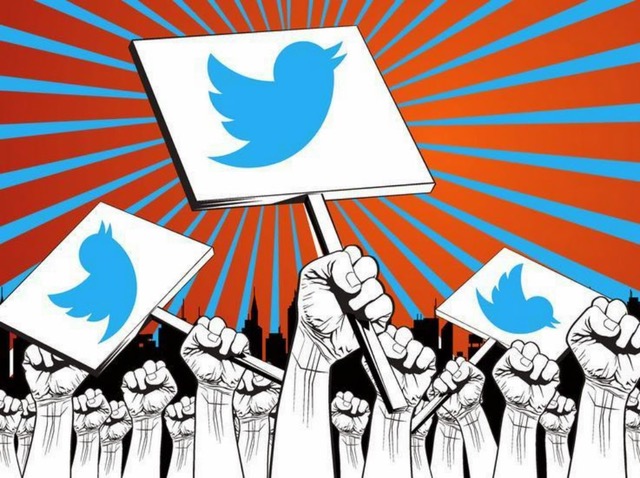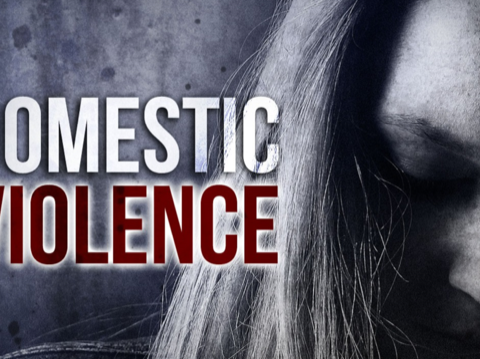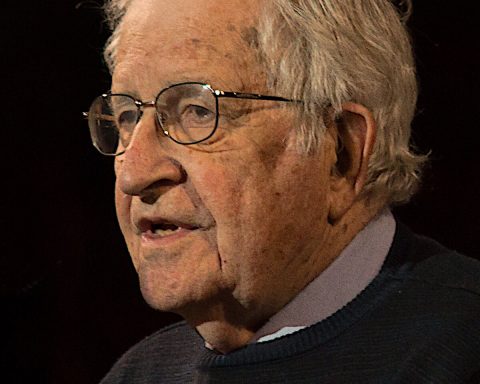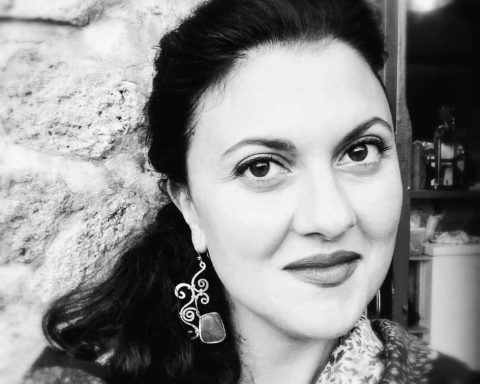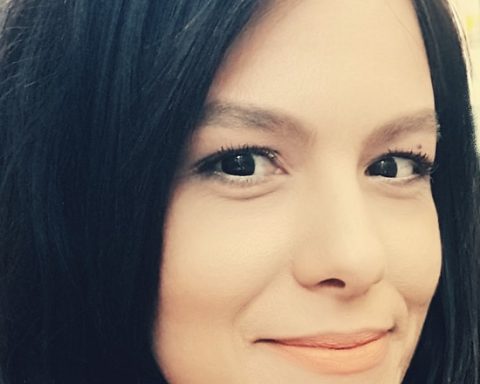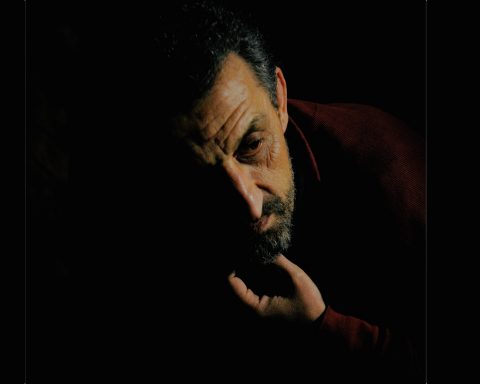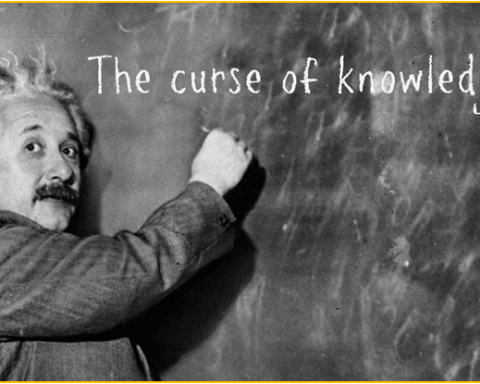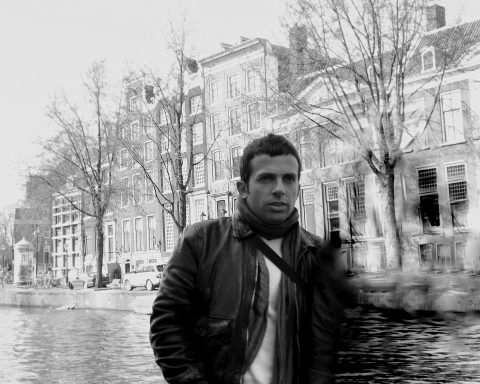This is a question that raises controversy among academic circles and leads to an endless debate. It is a fact that a democratic shift has been made regarding the production and evaluation of creative texts especially with the help of social media where everyone can have access and obtain specific audience-followers. This democratic turn also raises questions on what is actually considered creative and whether creativity is judged on linguistic grounds related to Arts and literature or consumption. Is it something exceptional and innovative (Carter, 2004 in Hann, 2007,) or something common among people and groups of people (Jenkins, 2006)? The agency “the human capacity to act” (Giddens, 1979 ) and especially the “agency in language”(Duranti, 2005) which is associated with the freedom of expression also plays an important role. Are people actually free to produce or evaluate creative texts?
When it comes to creativity and creative writing, more democratic views believe that creativity is not only to be found in Arts and Literature but in everyday interactions. Also creative writing can be democratic when it has the power to cause social changes and challenge established ideologies in a political and social level. In a personal and anthropological level the participation of all people in the production of creative texts ,something that coincides with Dewey’s (1976) “democratic creativity”, gives them the opportunity to express their perception of the world, promote their ideas as well as receive others’. This can only be achieved through dialogical thinking and reflects Bakhitin’s notion of language as “heteroglossic” and writing as “dialogical” where the writers or speakers’ experiences play an important role in their construction of the way their perceive the world and is depicted in their speech or writing. Vail and Hollands (2013) also believe in Dewey’s “creative democracy” stating that “all people are capable of making intelligent, reasoned judgments about the wider decisions that directly affect their lives and the cognate belief that democratic life should be designed in ways that enable these innate capacities to flourish”.
This could raise some questions whether creativity equals to great consumption. For example Cameron (2017) states that modern linguists such as Chomsky, tend to be more democratic and do not consider creativity as something exceptional but rather an innate skill that all people have.
However ,as Cameron herself concludes this democratic opinion of equality among creative texts cannot apply to real life. Moreover, the democratic turn suggests that the evaluation of creative texts should also be based on social, cultural and political criteria besides the linguistic ones.
Hardwick (2013,p.17) highlights three areas of concern on the above topic of conflict. Firstly, she addresses concerns over the diversity of the ways of transmission and recontextualisation between the canon and their rewriting and reception, secondly the plurality of all the contributors in the process and thirdly the audiences response which in a “creative democracy” involves not only the evaluation or consumption by a specific group of people or professionals but also by ordinary people with no previous knowledge.

Hardwick is against the democratic turn, which she questions stating “it may be largely aspirational, even masking complacency about literal democracies and their institutions and thus reflecting attention from the potential of classical texts to function as intellectual gadflies”.
Jenkins (2006), on the other hand, argues that the participation of a ordinary people in media is a great opportunity towards a more creative society that gives voice to diverse groups that would not be able to be heard or read otherwise. Unlike Hardwick, he believes that the concentration of the production and evaluation of creative texts by an elite holds back competition and elevates the power of media over the consumers’. It also eliminates plurality and diversity and provides fewer incentives for creativity.
Among the advocates of democratic and collective participation in the creative process generally and more specifically in texts is Dewey, 1976[1939] referring to that process as the “democratic creativity” and Jenkins (2006) who argues in favour of the “convergence culture” and the “politics of participation” which “starts from the assumption that we may have greater collective bargaining power if we form consumption communities”.
The influence of social media to this democratic shift is evident in Jenkins et al (2013) essay. In the modernistic view that in order literature to be creative and “valuble” must be novel and difficult excluded new form of creative writings excluded from literature and with no audience.
Cameron (2017,p.193) seems to compare this form of modernist to elitism stating that a number of well-known authors such as Virginia Woollf and others wanted their books to be accessible to a limited audience who shared their tastes and opinions. A book like Fifty Shades of Grey,for example, would have been censored in the past however nowadays has received great attention and adapted to a film despite the negative reviews that characterize it as bad writing(That is because it fails to satisfy the complicated literary and linguistic demands of the modernistic view, however it dares to touch sensitive themes such as “sadomasochistic sex and stereotypical treatment of gender”(Cameron, p.197). This is also considered creative according to the democratic perspective. Jenkins et al (2013) state that the age of “spreadable media” we are running has turned people through the forming of communities evaluators of creative texts. The relationship between the creator and the audience has changed. Through social media the author now has ways to bypass any legal, elitist or political obstacles and find the way to his readers.
From what it can be concluded the democratic shift in the production and evaluation of creative texts is a fact and for others a problem.
I believe that social media have contributed enormously towards this turn. Democratic writing is based on the concept that all people have the ability to produce and evaluate creative texts, form online communities to practice and promote their intellectual products and the right to distribute them on the grounds that no commercial profit can come out of this process. This shifts the power from the elitism of the “high culture”, the manipulation of the politicians and copyrights companies to the public. The case studies I mentioned reveal the ability of the public to bargain and even cause social changes, which is part of that democratic culture.

